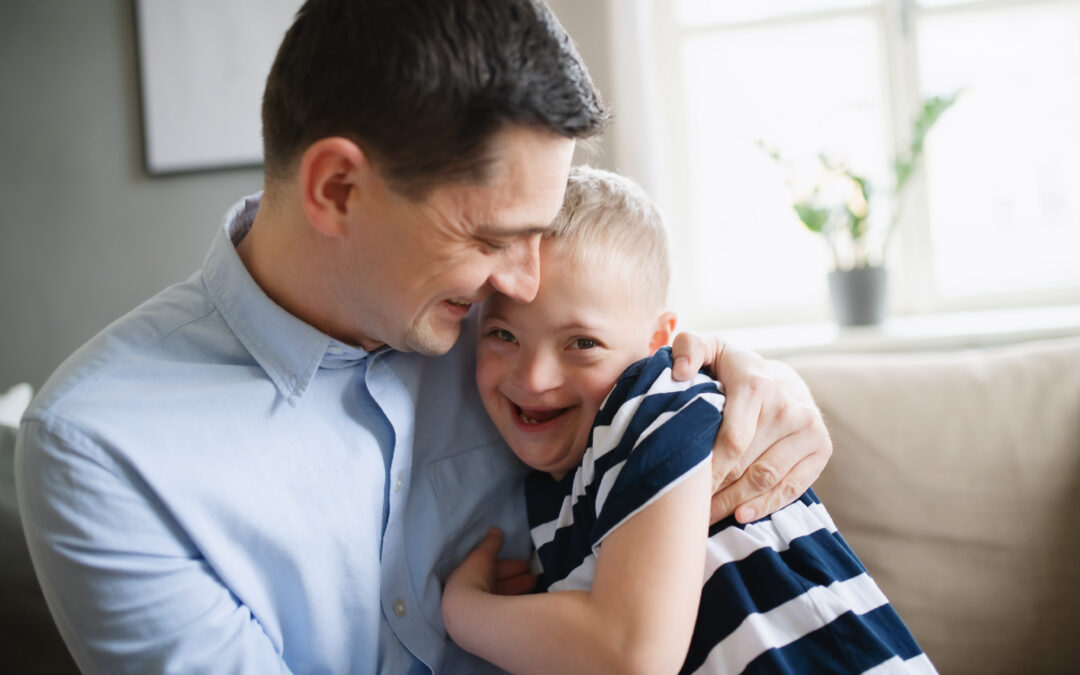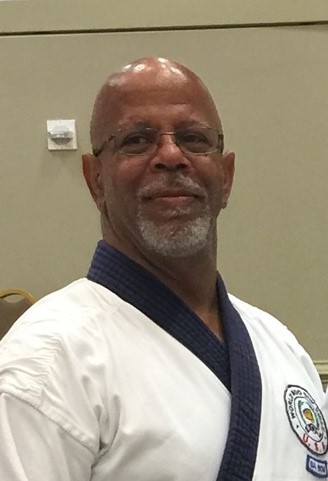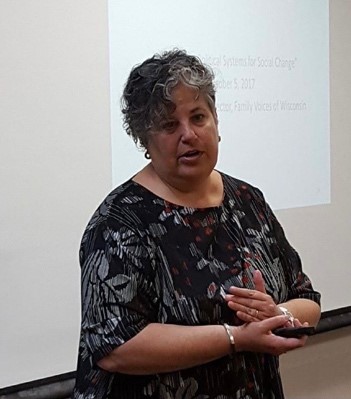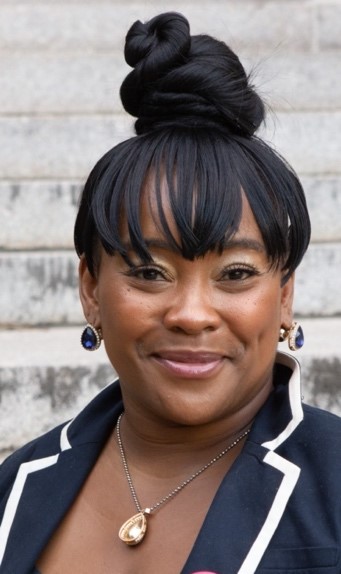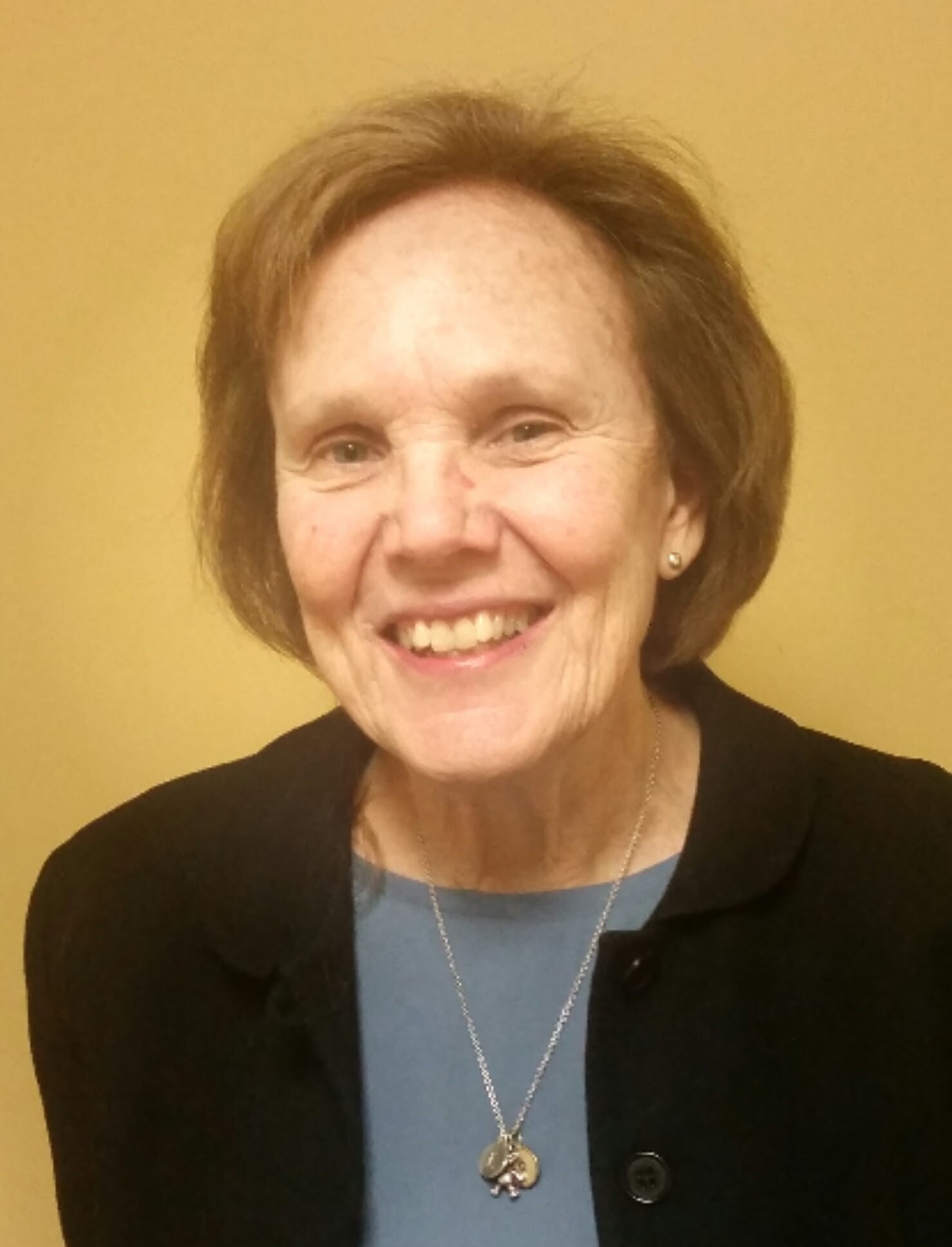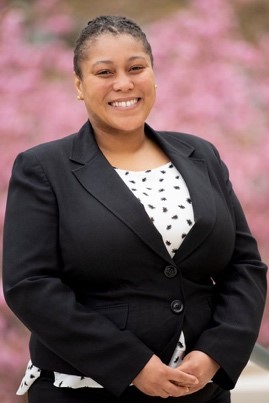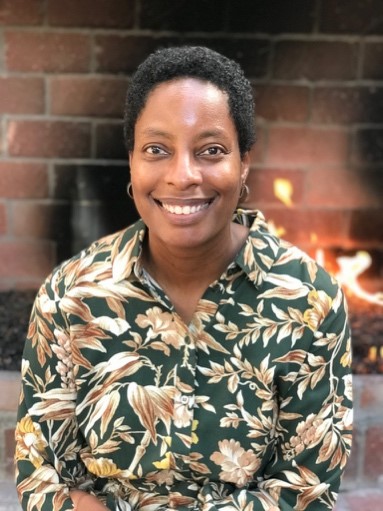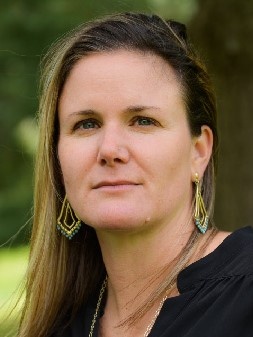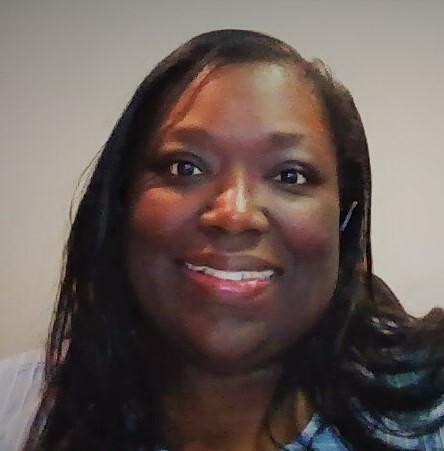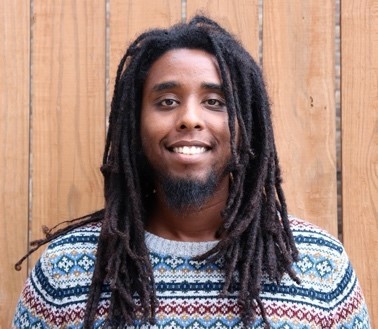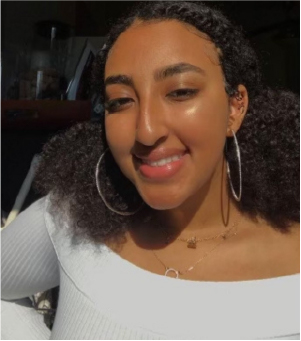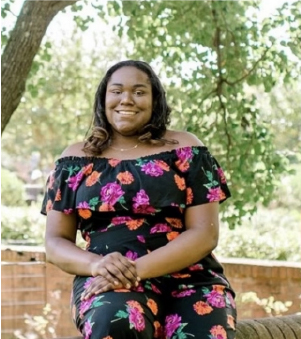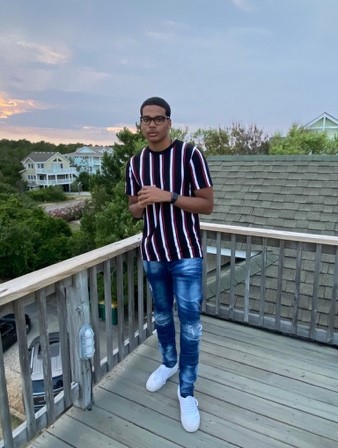by Edgar Gamba, Cultural Broker for Latino/a/X Communities, Center for Family Involvement at Virginia Commonwealth University VCU
Lea en españolIn my role as a cultural broker serving the Latino community of people with disabilities, both in Virginia and nationwide through other non-profit organizations, I have seen a common issue in our culture – the low participation, involvement, and support of Latino fathers in families with kids with special health needs. It is often the mother who is in charge of almost all activities and tasks when it comes to children with physical or developmental disabilities.
I come from a beautiful tropical country in South America, which has coasts on the Atlantic and Pacific Oceans, surrounded by the incredible mountains of the Andes and the beautiful Amazon River, a country with the world’s softest coffee and the most precious and valuable emeralds in the world, the land of Gabriel Garcia Marquez, and birthplace of Shakira. I am proudly Colombian.
The Beauty of family
One of the priceless rewards in my career of supporting people with disabilities is seeing how families find their ways to advocate for the well-being of their loved ones with special health care needs. I am a witness to how families rebuild their lives and dreams after having received discouraging diagnoses that affect the future of the children.
It is very rewarding to see how Latino families commit to working together (parents, children, siblings, grandparents and other family members) around a person with special health care needs, and step by step see those families rise from the ashes. Seeing them get together the goals they have proposed for their beloved children. It is priceless to see the smiles of these children and young people reaching their goals, as well as the families who find the light on the other side of the tunnel.
Barriers to Engaging Fathers
Growing into a Latino family is a symbol of strong, lasting roots and social pride. Latino fathers have a lot of traditional values about family. Latino fathers are the family leaders who provide financial support as providers of well-being and have great love for their wives and children. Engaging fathers with organizations that serve children with special health care needs is a not always a simple task. They are often absent for many complex reasons, including cultural, socioeconomic, family and legal nuances. Gender roles are established by society and culture within Latino family tradition. The role of each gender still has a lot of influence, with the man being the one who provides financial well-being and the woman who provides social and family well-being.
Economic challenges are one of the most common reasons that fathers are less involved with the family and children with special health needs. The stereotypical Latino father is the leader and main provider of the family, so work does not leave time for him to engage in the care and attention of their children with special health care needs. Physical and mental exhaustion, and the stress in families with children with special needs, are significant, largely affecting mothers closest to caring for children with disabilities. This phenomenon can create family tensions between couples and among other family members.
Beyond gender roles, there are very common traumatic events in the lives of families, such as divorce, separation, the absence of the father due to work location (temporary moves), debts and financial problems, all of which can harm family functioning. The lack of engagement of divorced or absent fathers with their disabled children is another factor. Legal separation can prevent fathers from sharing quality time with their children and participating in their health, well-being activities, and care tasks.
Latino Fathers participating in the lives of children with special health needs may feel socially isolated, feel embarrassed by their children’s behavior in public, or feel guilt over the false feeling that they may be responsible for their children’s challenges. Fathers may also experience frustration over the difference between the parenting experience they are having and the one they had imagined, despair due to the irreversible nature of a health condition, or even resentment of their child and anger towards themselves, doctors and spouse.
Among the other situations that may highly affect fathers’ engagement is immigration status. Migrants are a highly vulnerable group, due to legal situations that represent structural inequalities. This leads to differences in access to state resources and services. There are also cultural stigmas about migrants, such as prejudice, xenophobia and racism, which make it difficult for migrants to integrate into society. Many Latino immigrant fathers do not request services for their kids because of their fears surrounding their legal status. Those who are permanent residents of the US and have green cards are often afraid that using services for their children will jeopardize their opportunity for citizenship.
Lastly, the lack of information and education for fathers about the special health needs of their children limits fathers’ engagement. This widely impacts the low awareness and engagement of the father figure in the family structure.
Finding Solutions for Engaging Fathers
As an advocate, I want to be able to help to close the gap of these disparities, creating a positive environment for equitable access to services, information, support and intervention to empower parents and families. As a Latino father with a child who has special health care needs, I got involved in advocacy many years ago, and I convinced myself that working hard works.
Unity and unconditional love within the family are essential factors to successfully navigating the hardships of raising a child with any disability. Positive family relationships have a positive effect on the behavior and well-being of a child. Overcoming health and behavior challenges requires a consistent approach from both parents, who must support and care for each other. It’s plain to see that some parents who have a child with a disability grow strong as a family, while others go apart over tensions.
Raising awareness and educating fathers about participation in the health and development of their children with special health care needs is a good first step. It’s important for fathers to be informed about laws and regulations that legally protect kids with disabilities and to advocate for their rights. Knowledge about disability and everything related to their child’s care can help fathers to identify the potential, abilities, and capacities of their children. Fathers can also be encouraged to connect with the community to take advantage of the resources, services and support to face both positive and negative situations.

